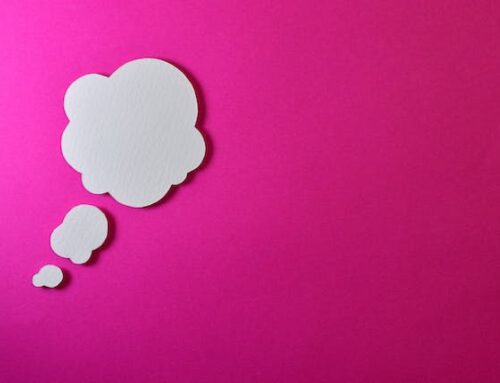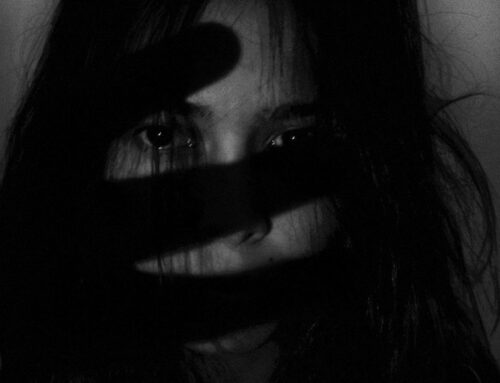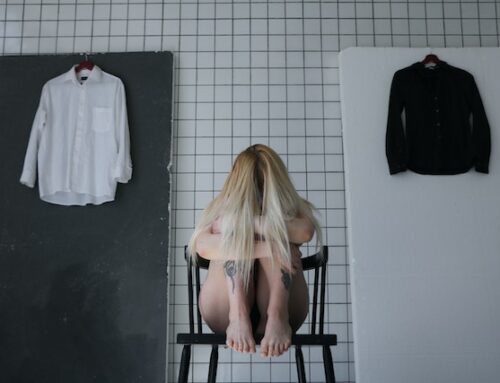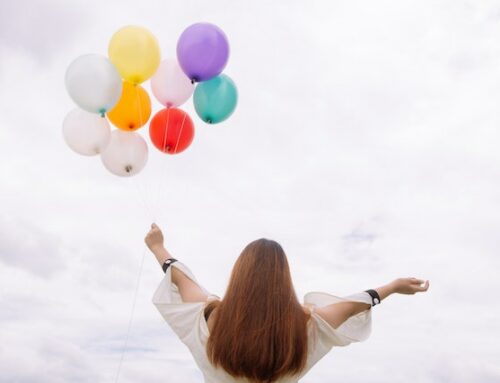OCD, PTSD, SPD, Neurodiversity and Interacting: 8 Episodes of A Social Hangover
November 9, 2018
Interacting with others is difficult for me, especially interacting with more than one person at a time. The day after interacting, I often feel foggy, regretful, ill at ease. From taking in too much. The social cocktail has gotten the best of me yet again. I am left feeling drained and wishing I hadn’t consumed so much.
 While hangovers from too much alcohol consumption leave me feeling physically drained, social hangovers leave me feeling physically, mentally and emotionally drained.
While hangovers from too much alcohol consumption leave me feeling physically drained, social hangovers leave me feeling physically, mentally and emotionally drained.
I have flashbacks of conversations. Of awkward moments. I am left with that sinking feeling that I said something wrong. That I did something wrong. That someone saw my primitive reactions to sensory input. That I snapped or was curt. That I came across as rude. That I disconnected.
It is difficult for me to understand how I am perceived by others, and I am always confused by how others interact with me. It has been this way my entire life.
I know I need human experiences, that I can’t stay in my house writing all day, every day (though, I try to), but I typically only find enjoyment on a one-on-one basis.
And while part of me wants to be able to be around others and to partake in the events of life, when I forgo all my inhibitions, forget myself and participate, I am often left feeling worse for it the next day. Socially hungover.
Often after a social event, I am left depleted for days. And considering many social events take me days to physically and mentally prepare for, one event can take a week or more of my time and energy.
Here’s what happens:
- A few days before the event, I begin dreading it. Thinking of the amount of energy I will need to get through it. Thinking of what environmental factors will stand in my way. What sensory triggers will rain down on me. I also expend additional energy I don’t have preparing what I am supposed to bring to the event, which means thinking of gifts to buy (which I can unintentionally obsess over), going to stores outside of my comfort zone and picking up and preparing food (always for myself and occasionally to bring to the event). Having something to wear. Getting all of my work done so I have the day of the event free and the day after to recover.
- The night before the event, I am usually wired. I try to make myself tired with both physical and mental work, but sometimes, I am still unable to rest. To relax. To unwind. So I often find myself wired and restless, unable to get much sleep, which only causes my senses to be even more heightened the next day. My reactions more intense. My overall well-being compromised.
- The morning of the event, I work like a taskmaster. Like a robot. Doing the things that need to be done: getting the gifts and the food ready. Trying to make myself feel the best I can: exercising, wearing something I’m comfortable in, eating before I leave, taking my vitamins, packing my food to take with me, making sure I have enough fluids and food for the number of hours I will be gone. Making sure I have emergency supplies for if I’m gone too long.
- Once I arrive at the event, I try to conserve energy. I wear earplugs and sunglasses. I sit away from people with my back to walls. I avoid sitting near people or things that have a strong smell. Near people who talk loudly or with their hands. Away from music speakers and flashing lights. I try to monitor my alcohol consumption so I don’t drink too much to overcompensate for feeling uncomfortable. I try to stay away from too much caffeine. I try to avoid dairy and gluten. I go into the bathroom or into my car frequently to take deep breaths and to remind myself that I am doing the best I can. That I am okay. Unless something happens. In that case, I usually avoid being alone for fear of a meltdown.
- During the event, I attempt to only engage in conversations I know I can handle. If I’m lucky, this means listening. If I am expected to talk, I try to get away with only speaking with those I already feel comfortable with. And I attempt to avoid questions about myself by asking questions and listening to answers. If I talk about myself too much or for too long, I begin to feel too exposed and regret it the next day. I can also pick up on what others are feeling, on their energy, so I have to constantly decipher if it’s their state of being or if it’s mine. If they aren’t okay, I question if it’s because I’ve done something wrong.
- If I am triggered during the event, I do my best to hide it. To shutdown. To avoid any reaction I may have. When I am unable to control my reactions and someone witnesses it, I feel embarrassed and even more depleted. I feel pangs shoot through me knowing that I have been caught. Outed. I’m learning to say it was the sound or the smell or that I feel overwhelmed. But sometimes that just leads to further explaining that I don’t have the energy for, so I pretend I’m okay when I’m not. I put my mask back on. Sometimes, it’s just easier to hide.
- After the event, I usually cry. Either by myself, to my husband or both. I cry because of how hard the event was for me. How difficult it was to hide my reactions and to restrain myself. How exposed I feel after sharing too much. How awkward I feel over something I did or said. How overstimulating the whole thing was.
- The next day, and typically for days after, I am left fatigued. Exhausted from the amount of energy the event took from me. From the amount of suppressing I had to do. From the overstimulation that creeps up on me from having suppressed it while there. I have trouble speaking and cannot engage with others in any form. Not even through text, email or social media. I need to recharge. To be quiet. By myself. To read and to write and to watch TV. To snack and to do yoga and to drink tea. To recharge so I can be ready for the next event I attend.
Subscribe to my website | Like me on Facebook | Follow me on Twitter | Follow me on Instagram










